Volvo will unveil its first electric sedan early next year, and it will be coming to Australia.
“[The] ES90 will make its global debut in March 2025 in Stockholm, Sweden and is expected to reach Australian shores in late 2025,” the company says on its Australian website.
The BMW i5 rival sedan is seen as a key model for the brand in China, but will be offered in several global markets.
This also applies to Australia, despite the fact that the remaining sedan here – the S60 – is sold in small numbers. Up to the end of October, Volvo has sold just 131 units of the S60 in Australia – less than half the number of the Audi A4 and about 1/16th that of the BMW 3 Series.
There are hundreds of new car deals available through AutoExpert now. Get the experts on your side and score a good deal. Browse now.
Previously leaked documentation in China revealed that the ES90 will measure 4990mm long, 1945mm wide and 1547mm high on a 3102mm wheelbase.
That makes it 27mm longer and 66mm wider on a 161mm longer wheelbase than the flagship S90 last sold here in 2019, although the S90 is also available in a long-wheelbase version.
The ES90 will reportedly be offered in single-motor rear-wheel drive or dual-motor all-wheel drive configurations.
It is expected to build on the SPA2 architecture of the upcoming flagship EX90 SUV and share its 111 kWh battery.
The ES90 will join a growing range of electric Volvos, which currently consists of the EX30, EX40 (née XC40 Recharge) and C40 (soon to be EC40).
The EX90 flagship SUV is expected here in 2025, while the EM90 people mover will be offered in China.
Volvo’s EV range will be expanded with the EX60, expected to arrive in 2026, which will introduce a new platform called SPA3.
It will serve as the electric counterpart to the XC60, Volvo’s best-selling vehicle worldwide.
Volvo confirmed in September that it was softening its EV targets. Instead of committing to selling only electric vehicles by 2030, it now says it is targeting 90 to 100 percent of sales of electrified vehicles by then – a figure that includes plug-in hybrids.
The company has retained a buffer of up to 10 percent for its 48-volt mild-hybrid models.
“There has been a slower-than-expected rollout of charging infrastructure, the withdrawal of government incentives in some markets and additional uncertainties created by recent electric vehicle tariffs in several markets,” the automaker said in a media statement in September.
“With this in mind, Volvo Cars continues to see the need for stronger and more stable government policies to support the transition to electrification.
“The strategic adjustments to its electrification ambitions ensure that Volvo Cars has a flexible plan that meets customer preferences and enables value creation as a business.”
Volvo Car Australia had announced in 2022 that it would move to an electric-only lineup even earlier than the brand globally, and would phase out combustion engine vehicles by 2026.
The country subsequently said that this ambition “is still a key focus” but “as the global transition to electrification will not be linear, [and] Because customers and markets develop at different adoption speeds, we must be pragmatic and flexible.”
MORE: Volvo is the latest brand to hit ambitious EV goals




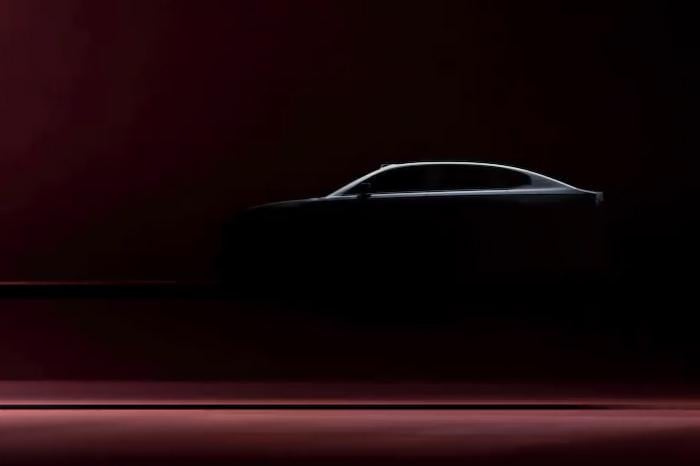
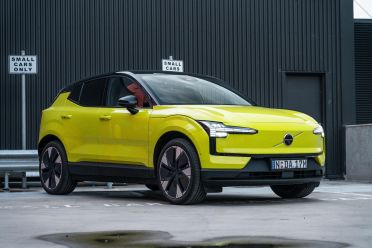
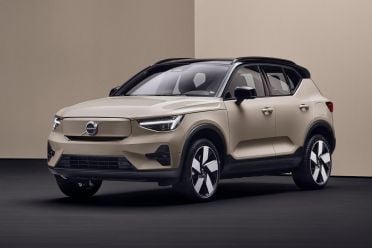
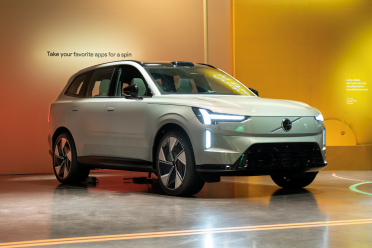
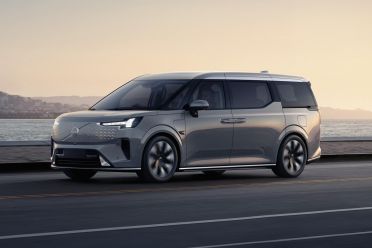




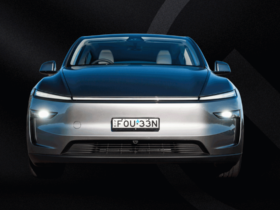




Leave a Reply